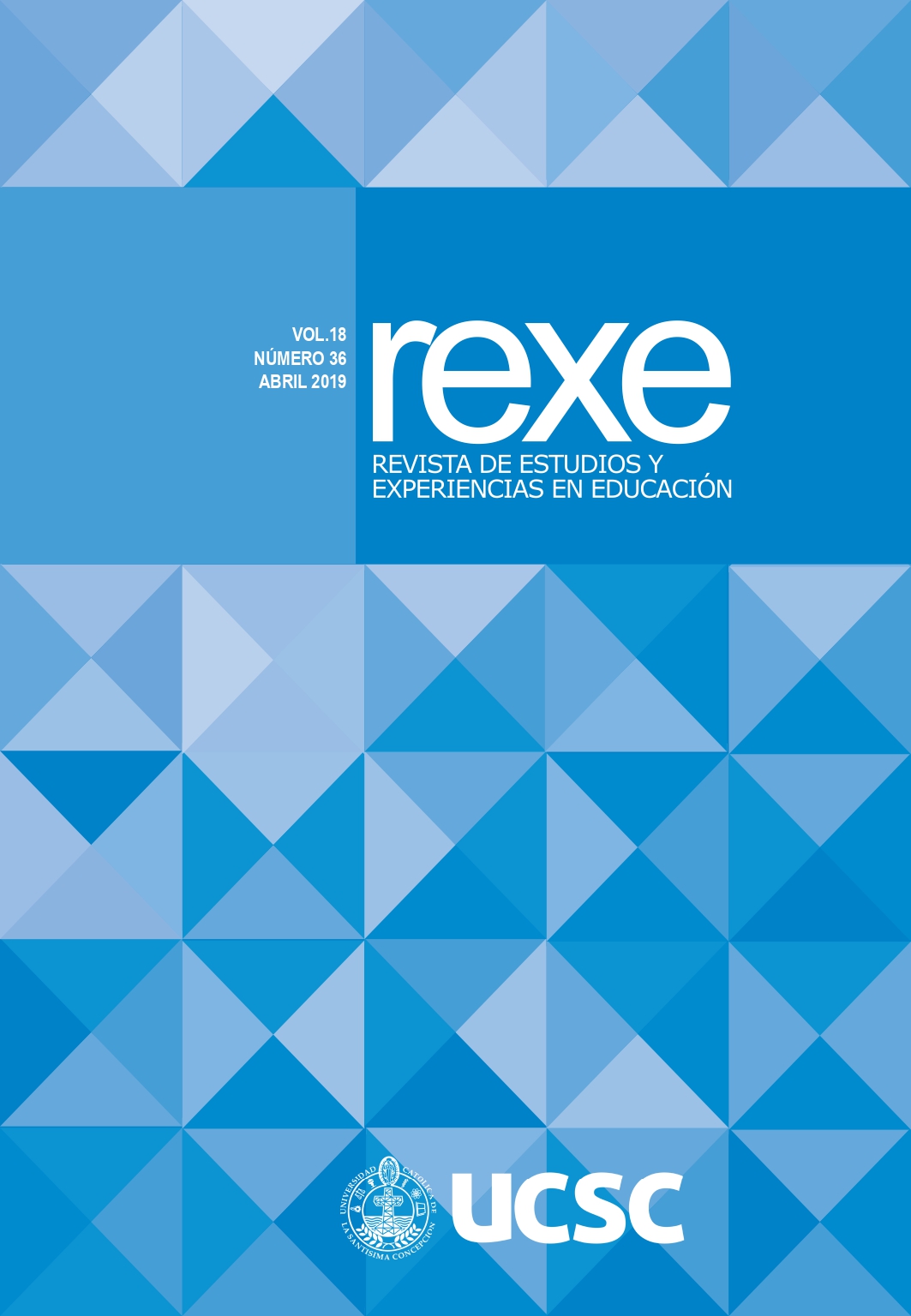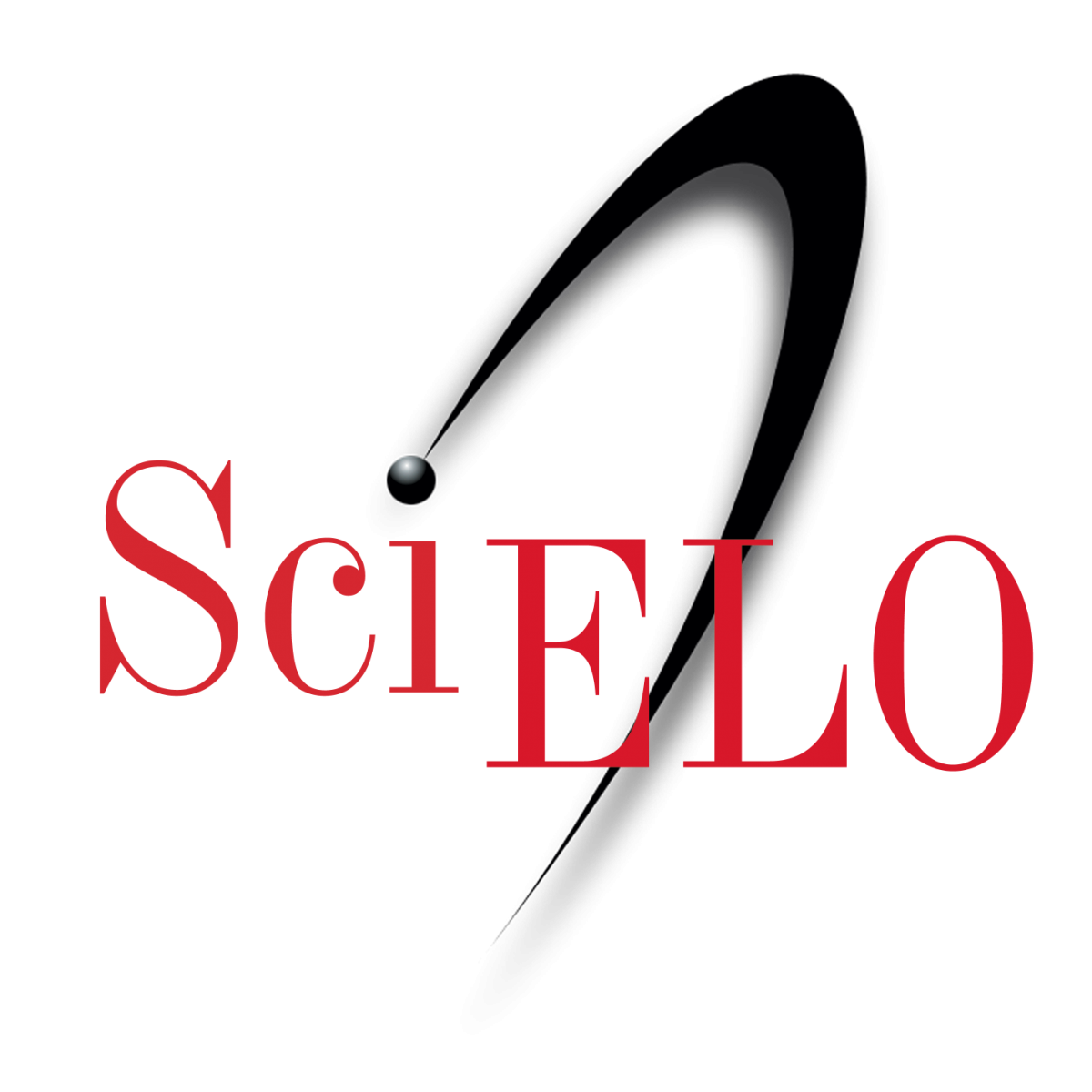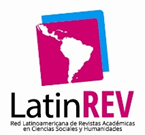Gamificar Tareas de Lectura en una Segunda Lengua: un Estudio Preliminar
DOI:
https://doi.org/10.21703/rexe.20191836orejudo13Abstract
En esta investigación participan dos grupos de estudiantes de español como L2 (nivel Intermedio) en la Texas A&M University-Commerce para comparar los efectos de la aplicación de técnicas de gamificación en tareas de lectura. Los resultados obtenidos muestran que la gamificación ayudó al grupo experimental a completar las tareas de lectura más eficazmente que al grupo de control. Para alcanzar el objetivo, las lecturas se dividieron en tres fases (pre, durante y postarea) y se compensó positivamente a los estudiantes mediante recompensas (motivación extrínseca) cuando al finalizar cada una de las fases, lo que motivó y creó rutinas adecuadas.
PALABRAS CLAVE. Gamificación; enseñanza de español; L2; lectura; motivación.
Doi: 10.21703/rexe.20191836orejudo13
Downloads
References
Alejaldre Biel, L., & García, A. (2015, julio). Gamificar: El uso de los elementos del juego en la enseñanza de español. En Actas del L Congreso Internacional de la AEPE (Asociación Española de Profesores de Español). La cultura hispánica: de sus orígenes al siglo XXI. (pp. 73-84). Burgos: Universidad de Isabel I de Castilla.
American Council on the Teaching of Foreign Languages. (2012). ACTFL proiciency guidelines. Yonkers, NY: ACTFL.
Brown, H., & Lee, H. (2005). Teaching by principles: An interactive approach to language pedagogy. Longman: Pearson.
Brown, J. D. (2004). Research methods for applied linguistics: scope, characteristics, and standards. En A. Davies & C. Elder (Eds.), he handbook of applied linguistics (476-500). UK: Blackwell Publishing Ltd. Doi: https://doi.org/10.1002/9780470757000.ch19
Caponetto, I., Earp, J., & Ott, M. (2014, octubre). Gamification and education: A literature review. En Actas del ECGBL 2014: Eighth European Conference on Games Based Learning (pp. 50-57). Berlin: ACPI.
Dörnyei, Z. (1994). Motivation and motivating in the foreign language classroom. he Modern Language Journal, 78(3), 273-284. https://doi.org/10.1111/j.1540-4781.1994.tb02042.x
Foster, P., & Skehan, P. (1996). The inluence of planning and task type on second language performance. Studies in Second language acquisition, 18(3), 299-323. https://doi.org/10.1017/S0272263100015047
Ibáñez, M. B. (2016, diciembre). Gamificación en la educación. En Actas de la VIII Jornada profesional de la red de bibliotecas del Instituto Cervantes: Gamificación: el arte de aplicar el juego en la biblioteca (pp. 1-6). Madrid: Instituto Cervantes.
Mackey, A. (2006). Feedback, noticing and instructed second language learning. Applied linguistics, 27(3), 405-430. https://doi.org/10.1093/applin/ami051
Neruda, P. (1974). Confieso que he vivido: Memorias. Barcelona: Seix Barral.
Orejudo, J. P. (2012, febrero). Estudios pedagógicos relacionados con juegos de rol virtuales: Utilidades, críticas y otras consideraciones a tener en cuenta. En Actas del I Congreso Internacional de Videojuegos y Educación (pp. 270-279). Alicante: Universidad de Valencia.
Pisonero, M. (2016). Gamificación en el aula de ELE: El avatar. Madrid: enClave – ELE.
Reinhardt, J., & Sykes, J. (2014).Special issue commentary: Digital game and play activity in L2 teaching and learning. Language Learning & Technology, 18(2), 2-8.
Ryan, R. M., & Deci, E. L. (2000). Self-determination theory and the facilitation of intrinsic motivation, social development, and well-being. American psychologist, 55(1), 68-78. https://doi.org/10.1037/0003-066X.55.1.68
Saveri, A. (2003). Technology and daily life: A spotlight on entertainment. Institute for the Future.Recuperado de www.itf.org/uploads/media/SR-788_B_TechandDailyLife.pdf
Smith-Robbins, S. (2011). his game sucks: How to improve the gamification of education. EDUCAUSE review, 46(1), 58-59.
Willis, J. (1996). A lexible framework for task-based learning. Challenge and change in language teaching, 52-62.
Downloads
Published
Issue
Section
License
Open Access Policy
This journal provides immediate open access to its content, based on the principle that offering the public free access to research fosters greater global knowledge exchange.
License
The REXE Journal, “Journal of Studies and Experiences in Education,” published by the Faculty of Education at the Universidad Católica de la Santísima Concepción, is distributed under a License. Creative Commons Atribución 4.0 Internacional.






